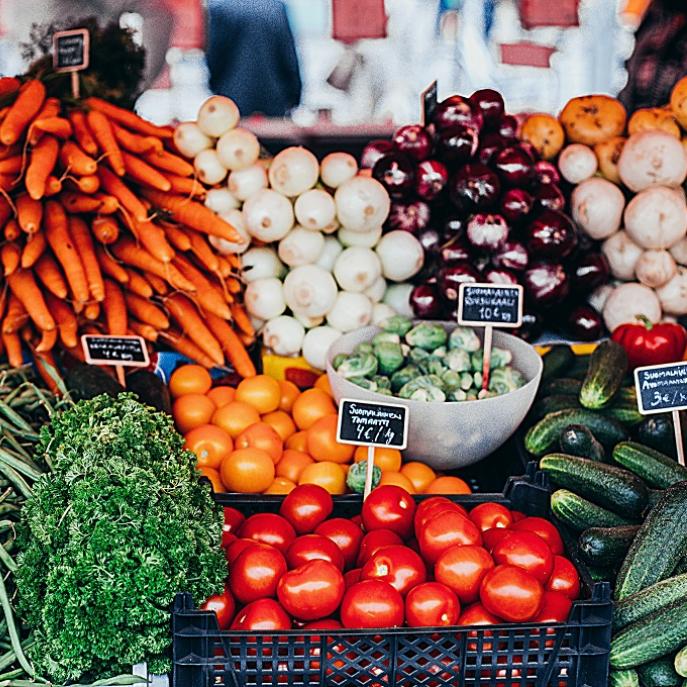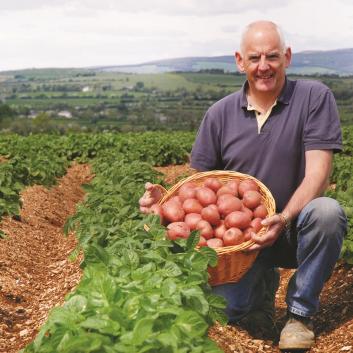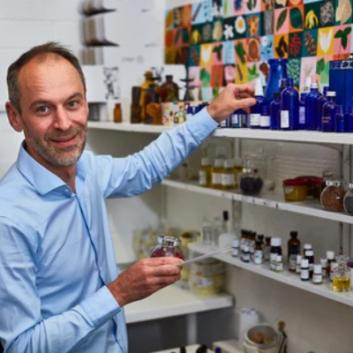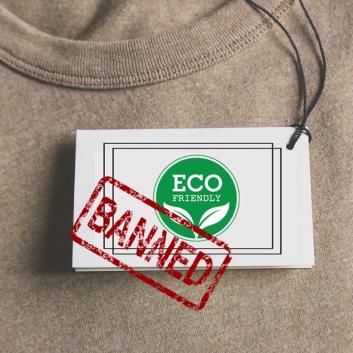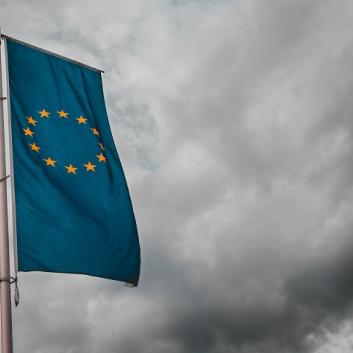Food businesses need to prepare for the new EU action plan for organic farming
The European Commission has presented its recent Action Plan for the development of organic production.
The overall aim of the new plan is to boost the production and consumption of organic products to reach 25% of agricultural land under organic farming by 2030 and increase organic aquaculture significantly.
The initiative is announced in line with the Farm to Fork and Biodiversity strategies, originally published by the EU Commission in May 2020.
These two strategies were presented in the context of the European Green Deal to enable the transition to sustainable food systems and tackle the key drivers of biodiversity loss.
The Action Plan is designed to provide the already fast-growing organic sector with the right tools to achieve the 25% target.
It puts forward 23 actions structured around three axes – increasing production, boosting consumption and further enhancing the sustainability of the sector – to ensure balanced growth.
Executive Vice-President for the European Green Deal, Frans Timmermans, said:
“Agriculture is one of the main drivers of biodiversity loss, and biodiversity loss is a major threat to agriculture.
We urgently need to restore balance in our relationship with nature.
This is not something farmers face alone; it involves the whole food chain.
With this Action Plan, we aim to boost demand for organic farming, help consumers make informed choices, and support European farmers in their transition.
The more land we dedicate to organic farming, the better the protection of biodiversity in that land and in surrounding areas.”
There are many important benefits to organic production: organic fields have approximately 30% more biodiversity, organically farmed animals enjoy a higher degree of animal welfare and take fewer antibiotics.
Besides, organic farmers have higher incomes and are more resilient, and consumers know precisely what they are getting thanks to the EU organic logo.

Growing consumption of organic products will be essential to encourage farmers to convert to organic farming and therefore, increase their profitability and resilience.
To this end, the Action Plan puts forth several concrete actions aimed at boosting demand, maintaining consumer trust and bringing food closer to citizens.

This includes: informing and communicating about organic production, promoting the consumption of organic products, stimulating greater use of organics in public canteens through public procurement and increasing the distribution of organic products under the EU school scheme.
Actions also aim to prevent fraud, increasing consumers’ trust and improving traceability of organic products.
Presently, about 8.5% of EU's agricultural area is farmed organically, and the trends show that with the present growth rate, the EU will reach 15-18% by 2030.
This Action Plan provides the toolkit to make an extra push and reach 25%.
Currently, around 1.8% (€7.5 billion) of Common Agriculture Policy (CAP) is used to support organic farming.
The future CAP will include eco-schemes, which will be backed by a budget of €38 – 58 billion, for the period 2023 – 2027, depending on the CAP negotiations outcome.
These eco-schemes can be deployed to boost organic farming.
The Commission is encouraging Member States to develop national organic action plans to increase their share of organic farming and complement the national CAP strategic plans.
Beyond the CAP, key tools include organising information events and networking for sharing best practices and certification for groups of farmers rather than for individuals, research, and innovation.
The use of blockchain and other technologies is part of the plan to improve traceability, increase market transparency, reinforce local and small-scale processing, support the organisation of the food chain, and enhance animal nutrition.
The Commission will also encourage the development of organic tourism networks through ‘biodistricts'.
'Biodistricts' are areas where farmers, citizens, tourist operators, associations and public authorities work together towards the sustainable management of local resources, based on organic principles and practices.
The Action Plan also aims to further improve organic farming's performance in terms of sustainability.
To achieve this, actions will focus on improving animal welfare, ensuring the availability of organic seeds, reducing the sector's carbon footprint, and minimising the use of plastics, water and energy.
The new Action Plan for organic farming will directly influence food businesses in the next few years within the EU to adopt sustainable practices and change their strategies.
Headline image: Photo by Daria Shevtsova from Pexels






